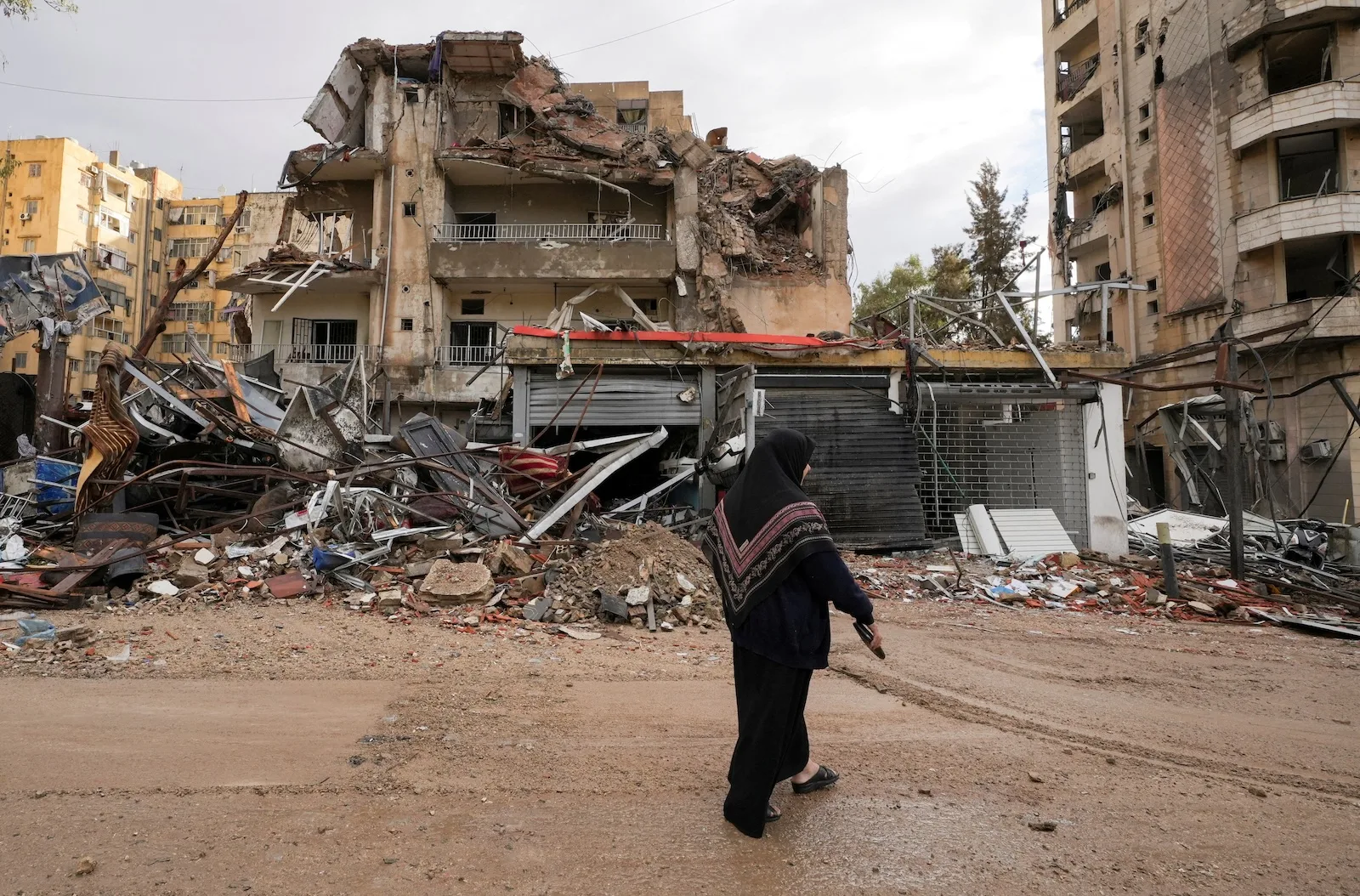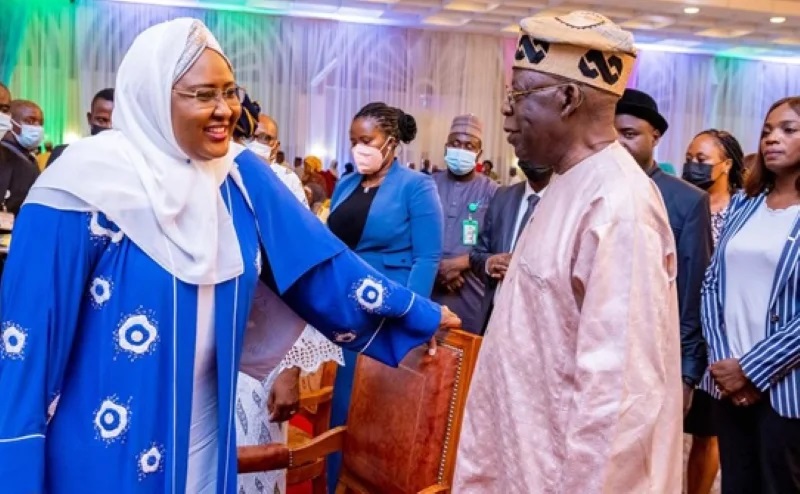Israel looks set to approve a U.S. plan for a ceasefire with the Iran-backed Hezbollah on Tuesday, a senior Israeli official said, clearing the way for an end to the war which has killed thousands of people since it was ignited by the Gaza conflict 14 months ago.
Israel’s security cabinet is expected to convene later on Tuesday to discuss and likely approve the text at a meeting chaired by Prime Minister Benjamin Netanyahu, the official said.
This would pave the way for a ceasefire declaration by U.S. President Joe Biden and French President Emmanuel Macron, four senior Lebanese sources told Reuters on Monday.
In Washington, White House national security spokesperson John Kirby said on Monday, “We’re close” but “nothing is done until everything is done”.
The French presidency said discussions on a ceasefire had made significant progress.
The agreement has already won approval in Beirut, where Lebanon’s deputy parliament speaker official told Reuters on Monday there were no serious obstacles left to start implementing it – unless Netanyahu changed his mind.
Netanyahu’s office declined on Monday to comment on reports that Israel and Lebanon had agreed to the text of a deal.
Hezbollah, seen as a terrorist group by Washington, has endorsed its ally Parliament Speaker Nabih Berri to negotiate.
The plan requires Israeli troops to withdraw from south Lebanon and Lebanese army troops to deploy in the border region – a Hezbollah stronghold – within 60 days, Elias Bou Saab, Lebanon’s deputy parliament speaker, and a second Israeli official told Reuters.
Signs of a breakthrough have been accompanied by military escalation, with Israeli airstrikes demolishing more of Beirut’s Hezbollah-controlled southern suburbs on Monday.
The destruction across wide areas of Lebanon brings into focus a huge reconstruction bill awaiting cash-strapped Lebanon, with more than 1 million people displaced.
In Israel, a ceasefire will pave the way for 60,000 people to return to homes in the north, which they evacuated as Hezbollah began firing rockets in support of its Palestinian ally Hamas a day after that group’s Oct. 7, 2023 assault.
Israel has dealt Hezbollah massive blows since going on the offensive against the group in September, killing its leader Sayyed Hassan Nasrallah and other top commanders, and pounding areas of Lebanon where the group holds sway.
The group has kept up rocket fire into Israel, firing some 250 rockets on Sunday.
Israel’s ambassador to the United Nations, Danny Danon, said on Monday that Israel would maintain the ability to strike southern Lebanon under any agreement. Lebanon has previously objected to Israel being granted such a right, and Lebanese officials have said such language is not included in the draft proposal.
Israel would be able to strike against “imminent threats” only, the second Israeli official said.
U.S. State Department spokesperson Matthew Miller said on Monday gaps between the two parties have narrowed significantly but there are still steps they need to take to reach an agreement.
“Oftentimes the very last stages of an agreement are the most difficult because the hardest issues are left to the end,” he said.
“We are pushing as hard as we can,” he added.
In Beirut, Bou Saab told Reuters on Monday there were “no serious obstacles” left to start implementing a U.S.-proposed ceasefire with Israel, “unless Netanyahu changes his mind”.
Over the past year, more than 3,750 people have been killed and over one million have been forced from their homes, according to Lebanon’s health ministry, which does not distinguish between civilians and combatants in its figures.
Hezbollah strikes have killed 45 civilians in northern Israel and the Israeli-occupied Golan Heights.
At least 73 Israeli soldiers have been killed in northern Israel, the Golan Heights, and in combat in southern Lebanon, according to Israeli authorities.
Biden’s administration, which leaves office in January, has emphasised diplomacy to end the Lebanon conflict, even as all negotiations to halt the parallel war in Gaza are frozen.
U.S. Middle East envoy Brett McGurk will be in Saudi Arabia on Tuesday to discuss using a potential Lebanon ceasefire as a catalyst for a deal ending hostilities in Gaza, the White House said.
Diplomacy over Lebanon has focused on restoring a ceasefire based on UN Security Council Resolution 1701, which ended the last major war between Hezbollah and Israel in 2006.
It requires Hezbollah to pull its fighters back around 30 km (20 miles) from the Israeli border, behind the Litani River, and the regular Lebanese army to enter the frontier region.
Israel has long complained that 1701 was never properly implemented, pointing to the presence of Hezbollah fighters and weapons at the border.
Lebanon has also complained that Israel has violated the agreement, noting regular violations of Lebanese airspace by Israeli warplanes. (Reuters/NAN)
Israel Poised To Approve Ceasefire With Hezbollah, Israeli Official Says





